Chapter 5
The Colonial Crisis: 1750–1775
By Boundless
The French and Indian War was fought between the colonies of Great Britain and New France, supported by American Indian allies on both sides.
The Albany Congress brought together colonial representatives to discuss relations with American Indian tribes and common defense against the French.
The Seven Years' War changed relations between the European powers, their colonies and colonists, and the American Indians in North America.
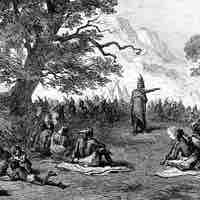
British expansion into American Indian land after the French and Indian War led to resistance in the form of Pontiac's Rebellion in 1763.
Following the French and Indian War, the colonial desire to expand westward was met with resistance from American Indians.
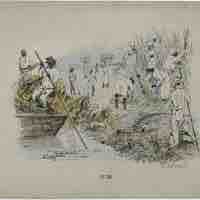
The dominant 17th- and 18th-century British ideology of blue water imperialism was founded on the values of commerce and freedom—for some.

After the Glorious Revolution, British and Anglo-American intellectuals contended that (white) men had inalienable rights to liberty and property.
Classical liberalism is a political philosophy committed to limited government, the rule of law, individual liberties, and free markets.
Free white males in the British colonies in North America were expected to vote and participate in political matters.
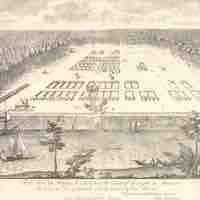
In the colonies, governance was primarily conducted at the local level, with local white male populations participating extensively in politics.

Despite the restrictive nature of early colonial laws, the ideas of freedom of speech and expression emerged steadily over time.
The American Enlightenment was an era of prolific discourse in which Anglo-American intellectuals studied human nature, society, and religion.
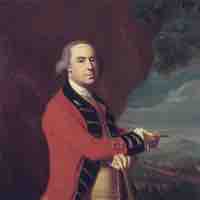
The Quartering Acts ordered the local governments of the American colonies to provide housing and provisions for British soldiers.
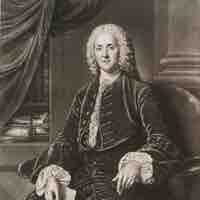
The Sugar and Stamp Acts of 1764 and 1765, intended to raise revenue in Great Britain, led to increased resistance from the colonies.

The passage of the Stamp Act in the colonies was followed by a marked rise of organized protest movements and groups, including the Sons of Liberty.
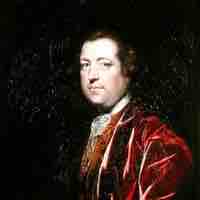
Enforcement of colonial taxation in the form of the Townshend Acts only increased colonial tension and resistance, especially in Boston.

The Boston Massacre was an incident on March 5, 1770, in which nine British Army soldiers killed five colonial civilian men.
The Tea Act of 1773 arose from the financial problems of the British East India Company and the dispute of Parliament's authority over the colonies.
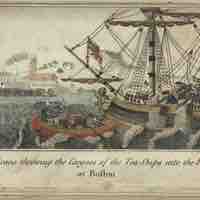
In response to the British Tea Act of 1773, the Sons of Liberty took action in what would later be known as the Boston Tea Party.
The Coercive Acts were meant to reverse the trend of colonial resistance but actually provoked higher levels of resistance.
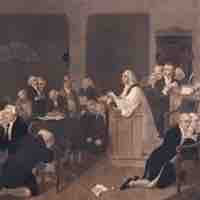
The First Continental Congress was a convention of 12 colonial delegates that met on September 5, 1774, in Philadelphia, Pennsylvania.
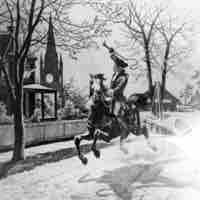
A British attempt to seize military stores in Lexington and Concord led to the outbreak of the American Revolutionary War.
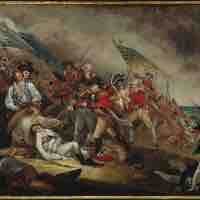
The Battle of Bunker Hill, though technically a loss for the Continental Army, signified the relative strength of the colonial forces.
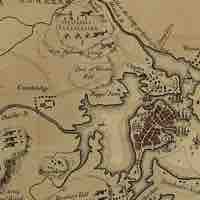
The capture of Fort Ticonderoga allowed colonial forces to transport much-needed artillery to Boston and eventually break Britain's year-long siege.